Hi Everyone! It's me again, Kathleen, from Not So Wimpy Resources! To say that this summer has kept me extremely busy is an understatement! I decided to pursue my goal of running a reading clinic for beginning and/or struggling readers- so this summer I've been tutoring four days a week. I found it important to work with struggling readers over the summer because the "summer slide" is real! My goal was to help as many students make progress over the summer (each private tutoring session was 90 minutes). I wanted to help them make academic growth during the months that students usually regress.
The term “summer slide” or “summer slip” is used by many researchers and educators to describe the regression of skills many students may experience during the summer months. Unfortunately, the “summer slide” affects millions of children each year. The really sad part is, if a child already struggles in June, the regression of skills could set them almost twice as far back in September. This means that when school starts, they are not only playing catch-up, they are losing valuable instructional time. Teachers have to spend time reteaching prior skills instead of being able to jump right into the current curriculum.
Sitting idle for 2-3 months or, encouraging kids to "take a break" does more harm than good. Does this mean that a child should be stuck behind a book everyday doing tons of work to avoid losing important skills? No....but they should at least be reading for a minimum of 20 minutes everyday! Experts share that students who read during the summer gain reading skills. Those who do not read, consistently slide backward. According to Scholastic, research shows that struggling readers who read at least 6 books will have a better chance of not regressing over the summer months.
- Make sure your child has an active library card. During the school year some students may lose their card. In addition, they may accrue fees due to overdue or lost book fines. Make sure that your child has a “clean bill” and that their borrowing privileges are in tact. Make it a point to visit the library regularly. Some libraries offer summer reading programs for children to participate in. Your local library is a primary summer resource; be sure to take advantage of it!
- Build time into your child’s daily schedule for reading. Just like during the school year, it is important to keep your child on a reading schedule.
- Keep a book in a bag! Take advantage of “wait time” (i.e. dentist appointment, long lines, etc.). Also, long car rides, train rides and time on the beach are great opportunities to read.
- Provide a variety of reading materials for your students/children to choose from.
- Lead by example. When your child is reading, show them that it something that the family can enjoy. Pick up a book and read along with them, or, get engrossed in one of the books that have been sitting on your reading list.
- Read to your child. This helps to model fluency, strengthens vocabulary, and helps to improve listening comprehension.
Parents ask me for suggestions all of the time regarding how to get their child reading or about what they can do to keep their child interested in reading. My professional advice is very simple.
- #1--TURN OFF THE TV! Set aside a time each evening where the house is quiet and everyone is reading.
- #2. Read the same book your child is reading and talk to them about what they read. Not easy recall questions like, "Where did Sharon go after she left school?". Instead, you want to engage your child in a discussion and ask more "think about it" type of questions like, "why do you think Sharon went to the park after school?", "How do you think the events in the story would've been different if Sharon didn't go to the park after school?" Encourage your child to dig deeper, make predictions, ask questions, make inferences, and draw conclusions about the characters and events in the story.
- #3. Set a goal. Use a calendar or some kind of reading log to challenge your child to go above and beyond what is expected. Provide an incentive (maybe one that they choose) and hold them accountable for meeting their target. You can do this based on the amount of minutes or the amount of books read all summer.
- #4. Help your child choose a book that has cultural or historical relevance and then take a trip to a historical landmark or museum that teaches about this particular topic. Make the story real. Help your child make the text to world connection- you will literally see lightbulbs go off!
- #5. Encourage your child to write. By keeping a journal they can highlight what they’ve read and/or their summer adventures, students continue to use important strategies for reading/writing.
I'm preparing for my family vacation and I have two books packed that aren't professional books! I plan on reading for fun. I haven't read a good book in a long time. In fact I haven't read a really good book since the last time I was on vacation (last year around this time). What are you reading? What books are your kids reading? Feel free to share below! Also, feel free to share any tips or strategies that you've used to help keep your child motivated to read during the summer months.
I hope you found this post helpful,





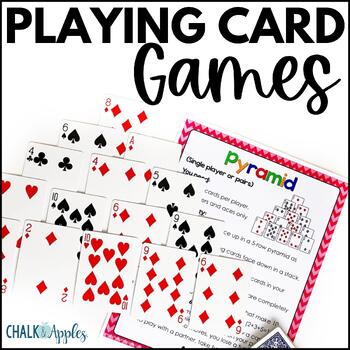


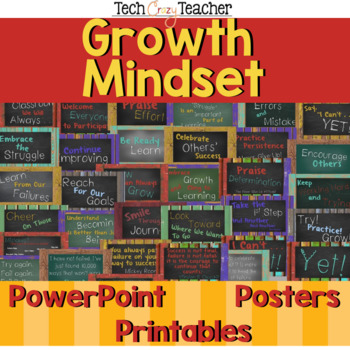
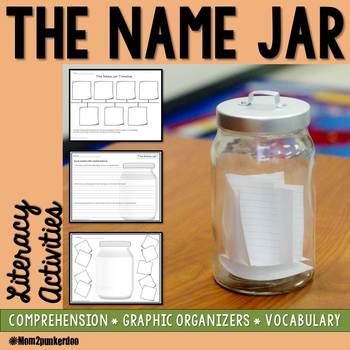
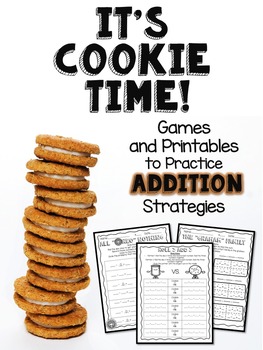


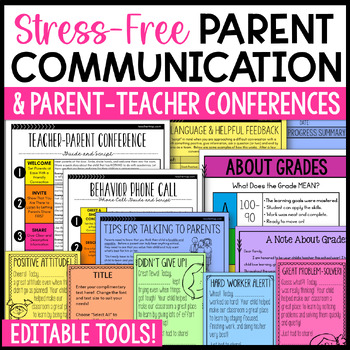
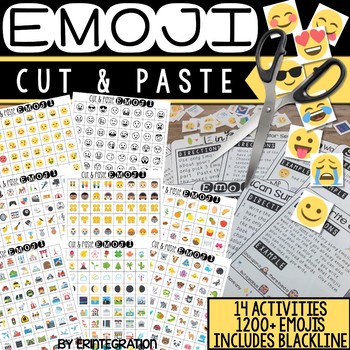
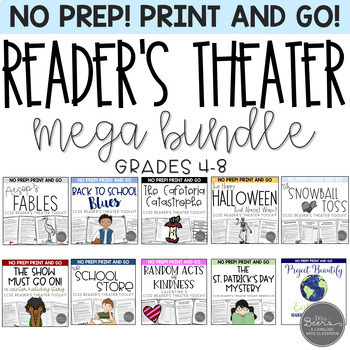
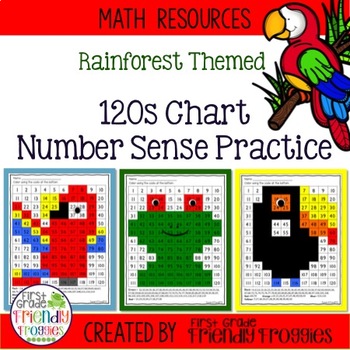


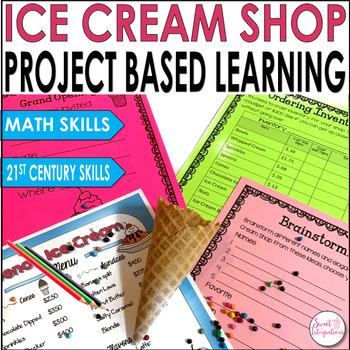




















0 comments:
Post a Comment